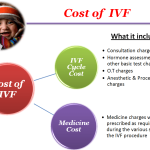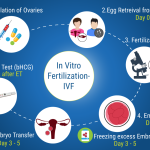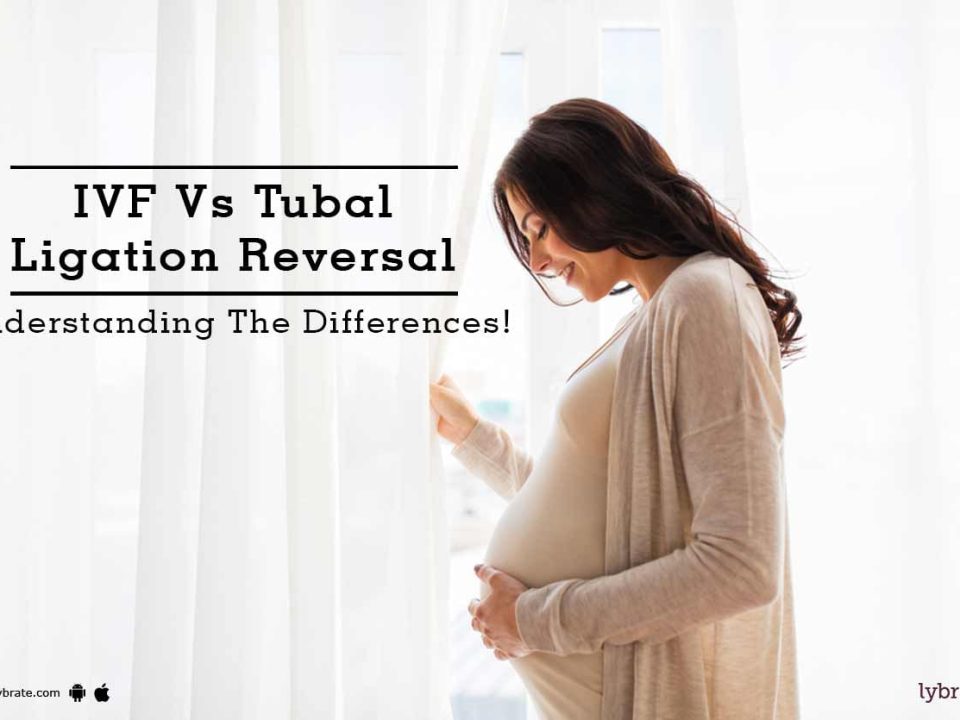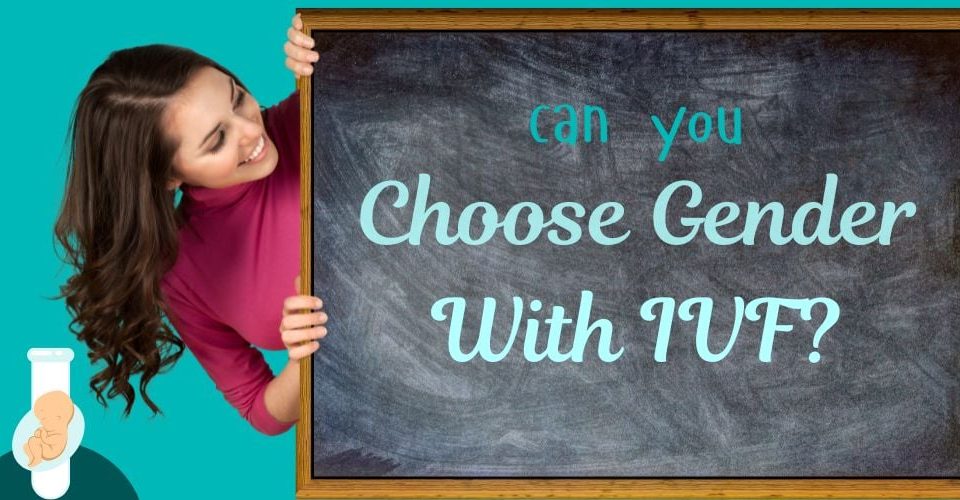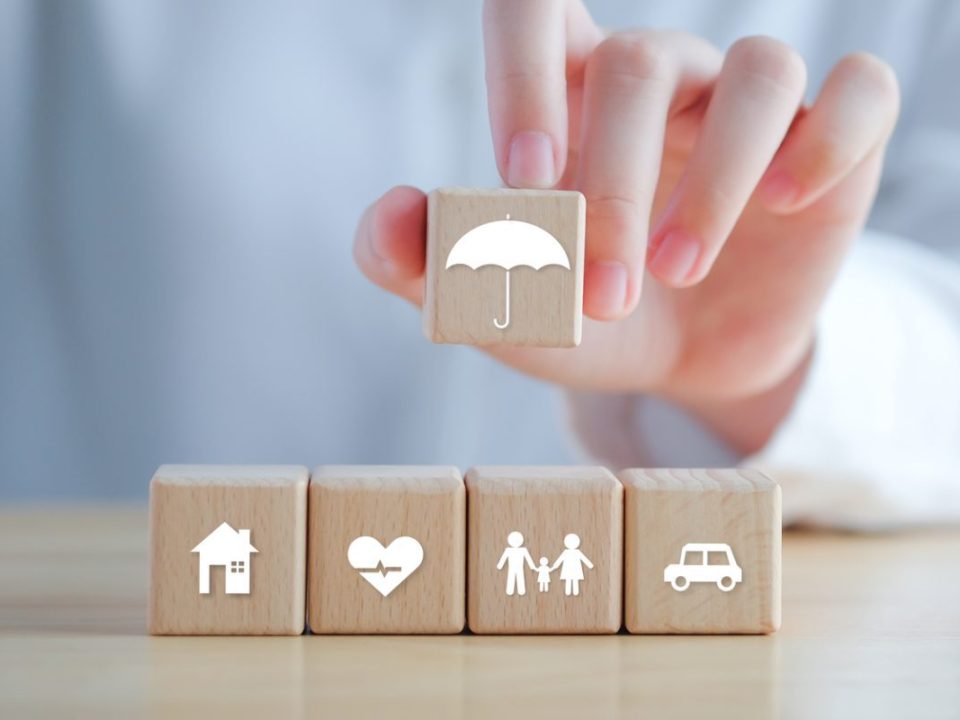Does IVF Cause Cancer? Unpacking the Facts, Myths, and Latest Research
When you’re thinking about starting a family through in vitro fertilization (IVF), it’s natural to have questions. One that pops up a lot is whether IVF could increase your risk of cancer. Maybe you’ve heard whispers about hormones and cancer risks, or you’ve seen a headline that made you pause. You’re not alone—tons of people wonder about this, and it’s a big deal because it’s about your health and your future. So, let’s dive in, sort through the noise, and figure out what’s real, what’s not, and what you need to know based on the latest science and real-life experiences.
What Is IVF, Anyway?
IVF is like a helping hand for people who are struggling to get pregnant. It’s a process where doctors take eggs from a woman’s ovaries, mix them with sperm in a lab, and then place the resulting embryo back into the uterus. To make this work, women often take medications—think hormones like follicle-stimulating hormone (FSH)—to boost egg production. It’s pretty amazing when you think about it: science stepping in to make dreams come true. But those hormones? They’re where the cancer question starts to creep in. Could pumping your body with extra hormones tip the scales toward something like breast or ovarian cancer? Let’s break it down.
The Big Question: Is There a Cancer Connection?
People worry about cancer and IVF because hormones play a starring role in both. Some cancers—like breast, ovarian, and uterine—are sensitive to hormones like estrogen and progesterone. Since IVF ramps up these hormones to get your ovaries working overtime, it’s fair to wonder if that could nudge cancer risks higher. Plus, infertility itself can sometimes signal health issues that might already put you at risk. So, is it the IVF, the hormones, or something else entirely? Science has been digging into this for years, and the answers are starting to get clearer.
What the Research Says
Good news first: most studies show no strong link between IVF and cancer. A massive study from the Netherlands followed over 40,000 women for about 24 years—some who did IVF and some who didn’t. They found that women who went through IVF didn’t have a higher chance of getting invasive ovarian cancer compared to women who didn’t get fertility treatments. Another big one from the UK tracked over 250,000 women and saw no major uptick in breast or uterine cancer risks after IVF. These are heavy hitters—huge groups, long timelines, solid data.
But it’s not all black and white. Some studies hint at tiny increases in specific cases. For example, women who do lots of IVF cycles (think four or more) might see a slight bump in borderline ovarian tumors—not full-on cancer, but growths that doctors keep an eye on. And there’s a whisper of higher breast cancer risk if you start IVF after 40. Still, these risks are small, and experts say they might not even be from the IVF itself—more on that in a sec.
Why the Confusion?
Here’s where it gets tricky: infertility and cancer share some overlap. Women who can’t get pregnant naturally might already have things like endometriosis or polycystic ovary syndrome (PCOS), which can nudge cancer risks up a bit on their own. So, when studies compare IVF patients to the general population, it’s hard to tell if any extra risk comes from the treatment or the infertility that led them there. Think of it like a recipe—IVF might just be one ingredient, not the whole dish.
Breaking Down the Risks by Cancer Type
Let’s zoom in on the cancers people talk about most with IVF: breast, ovarian, and uterine. Each has its own story, and knowing the details can help you feel more in control.
Breast Cancer: Hormones in the Spotlight
Breast cancer loves to hog the headlines because some types feed on estrogen, and IVF pumps up estrogen levels for a short time. A 2016 study in the Journal of the American Medical Association followed over 25,000 women and found no overall increase in breast cancer risk after IVF. Even better, a 2021 review of 20+ years of data backed that up—no big red flags.
But there’s a twist. Women who do IVF later in life (over 40) or who have a family history of breast cancer might see a slight uptick in risk. It’s not huge—think an extra 1 or 2 cases per 10,000 women—but it’s worth noting. Why? Older age and genetics are already risk factors, and IVF might just amplify what’s already there.
What You Can Do:
- ✔️ Keep up with regular breast exams and mammograms, especially if you’re over 40.
- ✔️ Talk to your doctor about your family history before starting IVF.
- ❌ Don’t skip screenings just because you feel fine—early detection is key.
Ovarian Cancer: The Stimulation Question
Ovarian cancer worries come from the idea that stimulating your ovaries to make more eggs could stress them out and lead to trouble. The good news? A 2020 study in the Journal of the National Cancer Institute found no solid link between IVF and invasive ovarian cancer. Those borderline tumors I mentioned? They popped up a bit more in women with lots of IVF cycles, but they’re usually not cancerous and often don’t need major treatment.
Here’s a cool fact: having kids naturally lowers your ovarian cancer risk because it gives your ovaries a break from ovulating. IVF might mimic that protective effect if it leads to pregnancy. So, in a way, a successful IVF cycle could actually be a win for your health.
Quick Tip: If you’re worried about your ovaries, ask your doctor about an ultrasound or CA-125 blood test before and after IVF. It’s not routine, but it can give you peace of mind.
Uterine Cancer: A Rare Concern
Uterine (or endometrial) cancer is less talked about with IVF, but it’s still on the radar because of progesterone and estrogen shifts. Studies—like one from Australia with 29,000 women—show no real increase in uterine cancer after IVF. There’s a catch, though: women who use fertility drugs for a long time without getting pregnant might have a slightly higher risk. Why? Unopposed estrogen (when it’s not balanced by progesterone) can thicken the uterine lining, and that’s a risk factor on its own.
Action Step: If you’ve had multiple IVF cycles without success, chat with your doctor about balancing your hormones post-treatment.
Kids and Cancer: What About IVF Babies?
Okay, so what about the little ones born from IVF? Parents sometimes wonder if the process could affect their kids’ health down the road. A huge study from the University of Minnesota looked at over 275,000 IVF kids and found that most childhood cancers aren’t more common in them compared to naturally conceived kids. There was a tiny increase in one rare type—hepatic tumors—but it’s so rare (like 1 extra case per 100,000 kids) that it’s not a dealbreaker.
The takeaway? IVF kids are just as healthy as their peers in the cancer department. Any small risks might tie back to the parents’ infertility, not the IVF itself.
Parent Tip: Keep up with your kid’s regular checkups—same as you would for any child. No extra worry needed!
Three Things You Haven’t Heard Enough About
Most articles stick to the basics—breast, ovarian, uterine cancer, done. But there’s more to this story that doesn’t get enough airtime. Here are three angles that deserve a closer look.
1. The Mental Health Factor
IVF is a rollercoaster—hope, stress, waiting, repeat. Chronic stress can mess with your immune system, and some researchers think that might play a role in cancer risk over time. No one’s saying stress from IVF causes cancer (there’s no proof of that), but it’s a piece of the puzzle that’s often ignored. A 2023 survey of 500 IVF patients found that 70% felt their mental health took a hit during treatment. Could that indirect stress amplify other risks? It’s a question worth asking.
Try This: Build a support squad—friends, a therapist, or a support group. Even 10 minutes of deep breathing daily can dial down the tension.
2. The Fertility Drug Dosage Debate
Not all IVF cycles are the same. Some women get higher doses of hormones or more cycles than others. A 2022 study from Norway suggested that women who did 12+ cycles of clomiphene (an older fertility drug) had a higher breast cancer risk—but that’s way more than anyone does today with IVF. Modern protocols use lower doses and fewer cycles. Still, it’s a reminder that how much and how long you’re on these meds might matter more than we think.
Ask Your Doc: “What’s the lowest effective dose for me?” It’s a simple question that could make a difference.
3. The Screening Bonus
Here’s a silver lining: women doing IVF often get more medical checkups than the average person. Ultrasounds, blood tests, mammograms—you name it. A 2021 Israeli study found that IVF patients had lower rates of invasive cervical cancer, likely because they’re screened more often. So, while IVF itself doesn’t cause cancer, the process might catch it earlier if it’s there. That’s a win no one talks about enough.
Takeaway: Use those extra doctor visits to your advantage—ask for a full health rundown while you’re at it.
Interactive Check-In: How Worried Are You?
Let’s pause for a sec. On a scale of 1 to 5 (1 = not worried, 5 = super stressed), how much does the cancer-IVF question bug you? Jot it down somewhere—or just think about it. If you’re above a 3, keep reading for some practical moves to ease your mind. If you’re a 1 or 2, awesome—let’s keep the good vibes going with solid info.
Busting Myths: What’s True, What’s Not?
There’s a lot of chatter out there, and not all of it holds up. Let’s clear the air on some common myths.
- Myth: IVF floods your body with hormones forever.
Truth: Nope! Hormone levels spike during treatment but drop back down after. It’s a short-term boost, not a lifelong flood. - Myth: Every IVF patient gets cancer eventually.
Truth: Totally false. Cancer rates in IVF patients are similar to—or even lower than—the general population in many studies. - Myth: Fertility drugs are like pouring gasoline on a cancer fire.
Truth: No evidence shows they spark new cancers. They might speed up growth in existing hormone-sensitive tumors, but that’s rare and not the same thing.
Real Stories: What People Are Saying
Sometimes, numbers and studies feel distant. So, let’s hear from real folks. Sarah, a 38-year-old mom from California, did three IVF cycles to have her son. “I was terrified about cancer at first,” she says. “But my doctor walked me through the research, and I felt okay about it. Now, I’m just happy chasing my kid around.” Then there’s Mark, a dad from Texas, who worried about his wife’s health during IVF. “We asked a million questions,” he laughs. “Turns out, her risk was more about her age than the treatment.”
These stories show a pattern: worry is normal, but info and support can flip the script.
Latest Trends: What’s Hot in 2025
Social media—like posts on X—shows people are still buzzing about this topic. A 2025 thread had users debating IVF risks, with some citing old studies and others pointing to newer, reassuring data. Google Trends backs this up—searches for “IVF cancer risk” spiked in early 2025, especially around fertility awareness months. People want answers, and they’re digging beyond the headlines. That’s where the latest research shines, like a 2024 study showing no cancer spike in IVF patients followed for 30 years. It’s fresh, it’s thorough, and it’s calming nerves.
Your Game Plan: Steps to Feel Confident
Ready to take charge? Here’s a step-by-step guide to navigate IVF with your health in mind.
- Talk It Out: Sit down with your fertility doc and ask straight up: “What’s my personal cancer risk with IVF?” Bring your family history and any health concerns.
- Know Your Baseline: Get a health check before starting—think mammogram, pelvic ultrasound, or whatever fits your age and history. It’s like a starting line for peace of mind.
- Limit the Cycles: If possible, aim for fewer cycles with lower doses. Studies suggest risks (if any) creep up with heavy, prolonged use.
- Stay on Top of It: After IVF, keep up with regular screenings. You’re already in the habit from all those appointments—don’t stop now!
- Chill Out: Find ways to de-stress during the process. Yoga, a good book, or even a silly TV show can keep your mind from spinning.
Bonus Table: Your Pre-IVF Checklist
| Task | Why It Helps | How to Do It |
|---|---|---|
| Family history chat | Spots genetic risks early | Ask parents or siblings |
| Baseline screening | Catches anything pre-IVF | Book with your GP |
| Stress buster plan | Keeps you sane | Pick a hobby or app you love |
Poll Time: What’s Your Next Move?
Quick vote: After reading this, what’s your plan?
- A) Talk to my doctor ASAP
- B) Do more research on my own
- C) Just roll with it and start IVF
Drop your pick in your head—or share it with a friend. It’s a fun way to see where you’re at!
The Bottom Line: IVF and You
So, does IVF cause cancer? The short answer: probably not. The long answer: decades of research, millions of patients, and the latest 2025 data say it’s not a major risk for most people. Tiny blips in risk—like for older women or heavy cycle users—exist, but they’re small potatoes compared to things like smoking or family history. Infertility itself might play a bigger role than the treatment, and IVF’s extra screenings could even give you a health edge.
You’ve got the facts now. It’s not about fear—it’s about knowing what’s up and making choices that feel right for you. Whether you’re just curious or ready to jump into IVF, you’re armed with info to talk to your doctor, calm your nerves, and focus on the exciting stuff—like building your family. What do you think? Ready to take the next step, or just happy to know more? Either way, you’ve got this.

